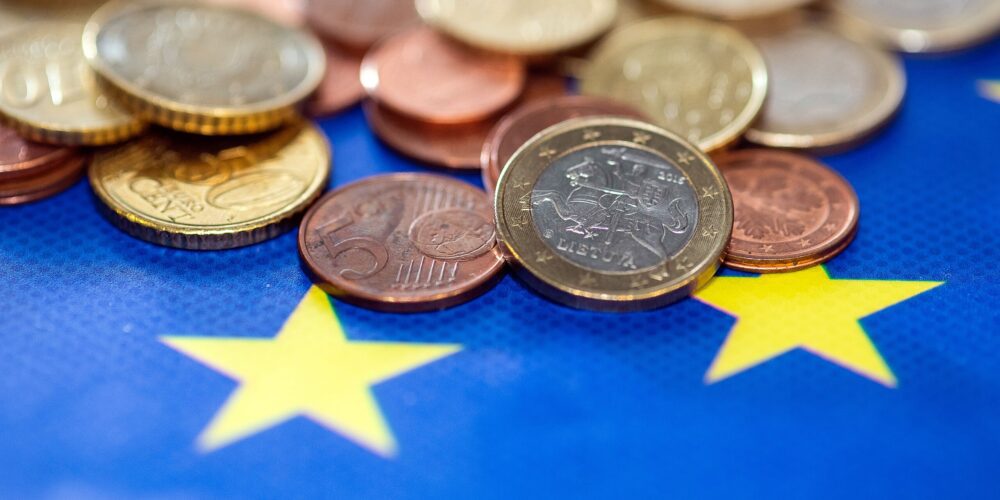Digital Euro – A New Payment Solution in the Euro Area
The European Central Bank is gearing up to introduce the digital euro, a new payment method intended to complement existing cash transactions. The project aims to ensure accessibility, usability in digital transactions, and user privacy protection, all while providing pan-European coverage.
Planned Features of the Digital Euro
The digital euro is designed to be accessible to everyone – individuals and businesses alike – enabling a variety of retail payments within the euro area. The project seeks to address gaps in access to payment methods and facilitate internal transactions within the European Union.
Privacy Concerns
Despite assurances regarding privacy protection, some critics express concerns about the actual level of privacy with the digital euro. They argue that the introduction of this new means of payment raises the risk of increased transaction surveillance.
Data Protection and Privacy
One of the project’s priorities for the digital euro is ensuring the protection of users’ data and privacy. The ECB plans to employ innovative techniques to enhance transaction privacy, thereby minimizing the risk of abuses.
Rollout Schedule
The preparatory process for the digital euro is set to commence in November 2023 and will run until October 2025. It is then that the potential implementation of the new payment system in the euro area is planned, opening up new possibilities for residents and entrepreneurs.
Project Management
The European Central Bank intends to issue the digital euro through supervised payment service providers, aiming to strike a balance between the central bank’s role and the financial sector. The project is currently focused on identifying key concepts and technical exploration to ensure a secure and efficient introduction of the digital euro in the future.






